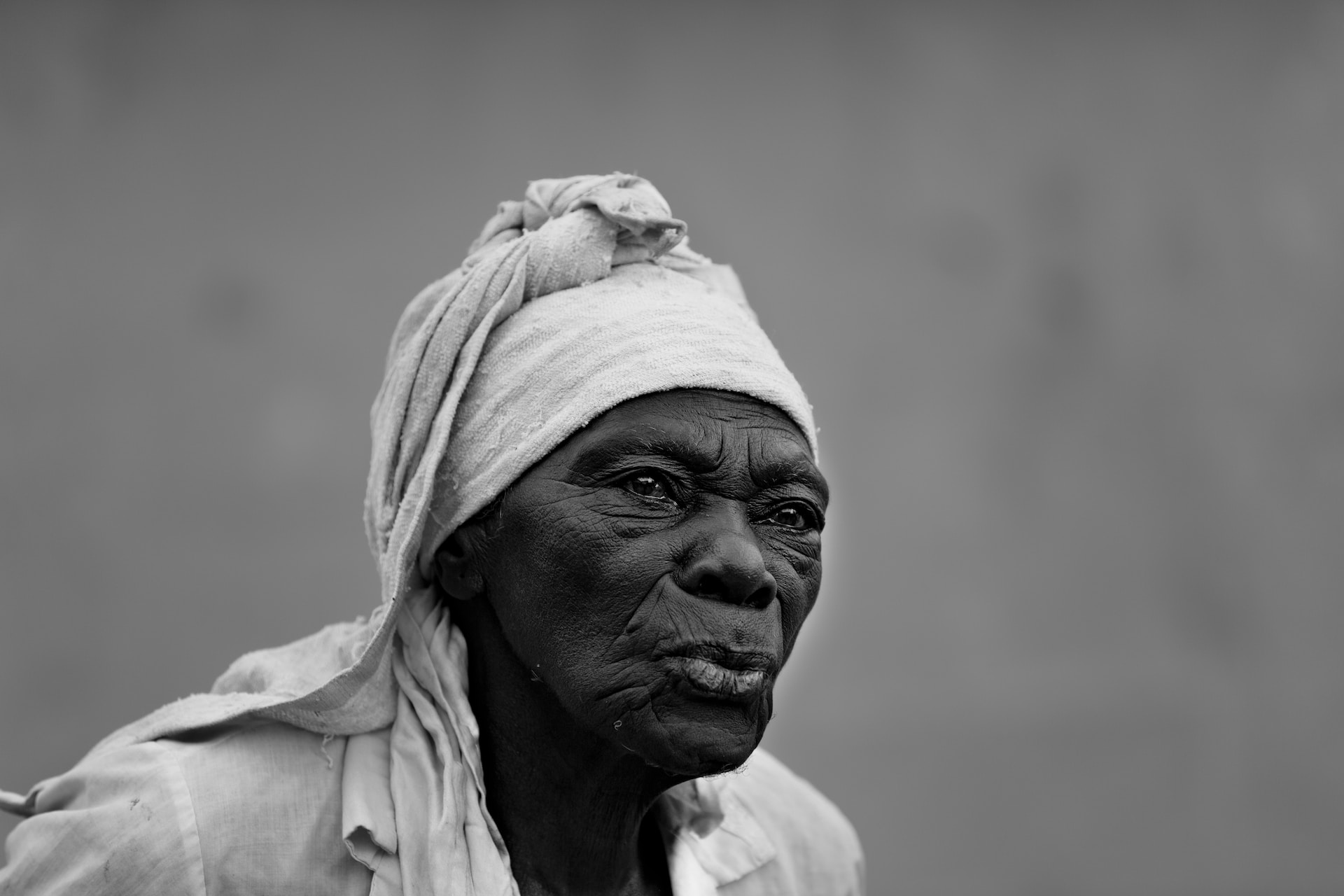NDPC/UNFPA report pushes for passage of Aging bill
Even though there are various laws and policies addressing issues of the aged, the National Development Planning Commission (NDPC) and the United Nations Population Fund (UNFPA) note that they are not adequate.

Ghana is yet to pass the Aging Bill into law after over thirty (30) years of the Addis Ababa Declaration on Population and Development, which requires countries to make such legally binding provisions for the aged.
Even though there are various laws and policies, such as the National Population Policy (Revised Edition, 2017), the National Aging Policy (2010), and the Ghana National Social Protection Policy (2015), that make provisions, the National Development Planning Commission (NDPC) and the United Nations Population Fund (UNFPA) note that they are not adequate.
The report titled ‘Ghana Review Report on the 10-Year Implementation of the Addis Ababa Declaration on Population and Development and the 30-Year Implementation of the International Conference on Population and Development’, notes that the passage of the bill will, among others, guarantee long-term care for elderly persons.
It also reiterates that aging comes with many dimensions of vulnerability that must be addressed with policies and legislation, such as the pending bill.
Furthermore, in addressing the deficit in the existing policy, it notes that it has not been effective due to the absence of a National Aging Council, which should be in charge of coordinating issues regarding the aged.
Additionally, the report adds that the absence of the Council has thus led to fragmented efforts, different definitions for the elderly, and a lack of centralized coordination, thus negatively impacting their well-being.
To deal with these challenges and better provide for the aged and people living with disabilities, the report recommends the provision of a system of friendly rehabilitation centers.
The report also touches on the prevalence of gender-based violence, adding that it persists because of negative traditional norms, a lack of awareness, and limited mechanisms for reporting the same.


